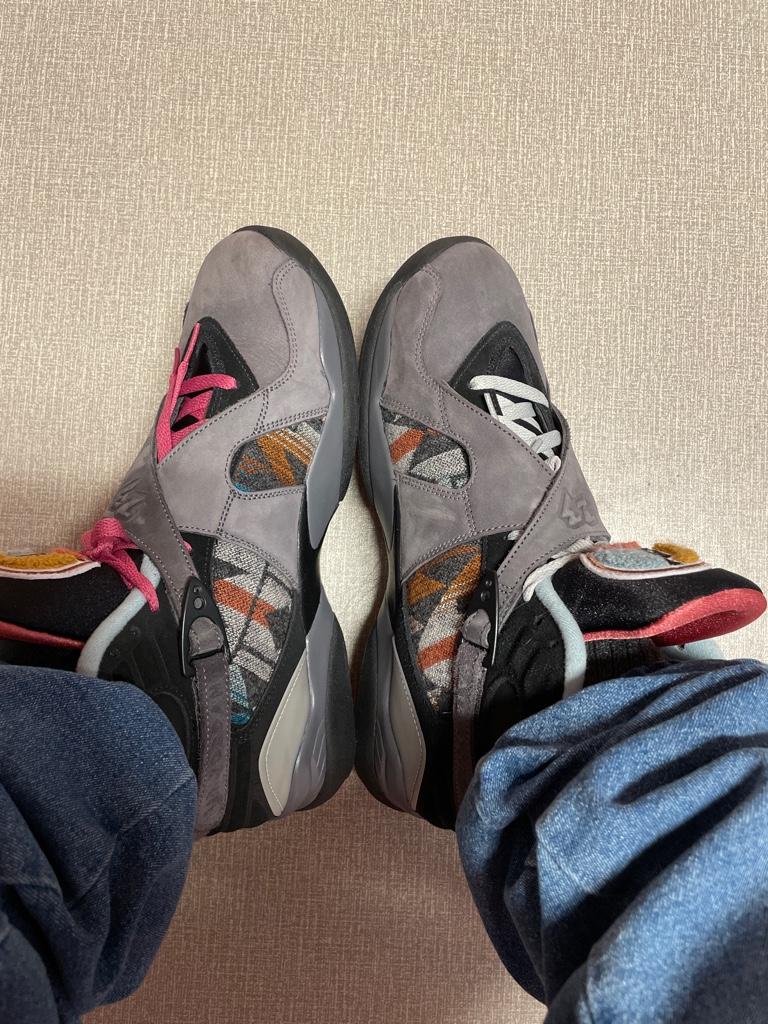A lot of things definitely happen that you don't expect but I wouldn't be so negative about it - it depends on your long term plan, what you can afford, what risk level you can tolerate, how good an initial deal you can get, and what is going on in the market where you are looking. A perfect plan to me would be to buy today in a place where you like to vacation and will like to vacation years from now. Furnish and equip it as cheaply as possible to still be an attractive rental. Pay the bills and the mortgage out of pocket while using all rental income to pay down any mortgage as fast as possible. Use it yourself as you want, mostly off-peak to avoid losing large amounts of rental income. Once it is paid off your cash flow should turn more positive and you'll have a "free" place to stay or even retire.
Best case scenario would be a house vs a condo - to avoid the condo fees that can be quite high and continue to rise - and never go away. A house can be more difficult to maintain, etc. but I think it is overall a better situation if you can swing it.
This advice seemed questionable to me, so I decided to plug it into a couple of mortgage and investment calculators. As base assumptions, I took a $300,000 purchase price with a $60,000 down payment (no PMI), at a 4% interest rate (a bit higher than the market right now, but it is a rental), on a 30-year loan. I did not take into account HOA fees, insurance, and property tax, because those would be constant over the 30-year period no matter whether you paid off the loan early.
Given the above assumptions, your monthly payment of principal + interest would come out to $1,146. Given the goal of covering the mortgage payment minus principal, I assumed $1,500 in average monthly rental income. For tax purposes, I assumed a 25% effective tax rate. Here are the numbers for two options: 1. Paying off the mortgage early with all rental funds and then invest all income; and 2. Paying the mortgage on the 30-year schedule while investing the rental income every month.
Option 1
If you pay the extra $1500 in rental income against the mortgage every month, you will pay off the mortgage in eight years and 11 months, and incur $46,271.23 in interest charges. At the effective rate, that will net you $11,576.81 in tax savings. (In theory, you would then invest this, but I'm not sophisticated enough to calculate that.)
At the beginning of Year 9, then, you could begin to invest the principal + interest payment + rental income ($2,646/month) into the market. At the end of year 30, after 21 years of investment, you will have $1,469,705.41 in the market. Add that to your tax savings, and you will net $1,481,282.22.
At a more robust 10% rate of return, you'll end up with $2,123,747.57 in the market plus $11,576.81 in tax savings, for a grand total of $2,135,324.38.
Option 2
If you pay the mortgage over 30 years, you will pay a total of $172,486.82 in interest. At the 25% effective rate, you will net $43,121.70 in tax savings.
Given that you will have income right away under this plan, you can begin investing in the market Year 1, albeit only with your $1,500 rental income rather than the $2,646 that would represent rental income + mortgage + principal. Nevertheless, by capturing that full 30 years of investing, and assuming a 7% ROR, you will end Year 30 with $1,754,178.90, almost $300,000 more than Option A. Add that to your more substantial tax savings, and you end up with a grand total of $1,797,300.40.
At the 10% rate of return, you would end up with $3,094,264.97 in the market, plus $43,121.70 in tax savings, for a grand total of $3,137,386.67, just over a million dollars more than Option 1.
I doubt anybody is coming to this board for financial advice on major life decisions. Likewise, everyone obviously has different priorities, and some people are highly risk- and/or debt-averse. However, for the relatively young folks, the takeaway here is that the importance of having time in the market cannot be overstated.


